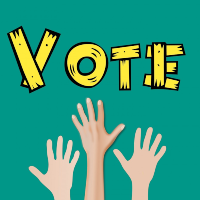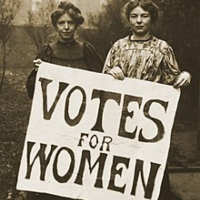The George Floyd protests have erupted all over the country and sparked a national debate not only over racism and police brutality, but also about the best way to protest injustice. The Abraham Lincoln conversation on leadership would give students …
The United States Constitution was written carefully by our founding fathers with the primary goal of establishing a government that would never makes its citizens victims of tyranny, as they were under the tyranny of King George III. After teaching …
In a government unit, I would be teaching students about the role and duty of individual citizens in a democracy. In this unit, we would learn the definition and importance of voting. I would follow my instruction with the conversation …
The amendments to the Constitution offer a great opportunity to show students how ideas evolve. I would ask students to unpack and rephrase some of the most important amendments, such as Amendment 13 prohibiting slavery, or Amendment 19 which gave …
Many students don’t like rules, and that’s because rules often make students turn against their consciences and deny what they think is right. Yet obedience to rules is necessary for stability. Schools, families and governments can’t function without adherence to the rules. The tension between our impulse to obey authority and our duty to follow our conscience never goes away.
Many students don’t like rules, and that’s because rules often make students turn against their consciences and deny what they think is right. Yet obedience to rules is necessary for stability. Schools, families and governments can’t function without adherence to the rules. The tension between our impulse to obey authority and our duty to follow our conscience never goes away.







